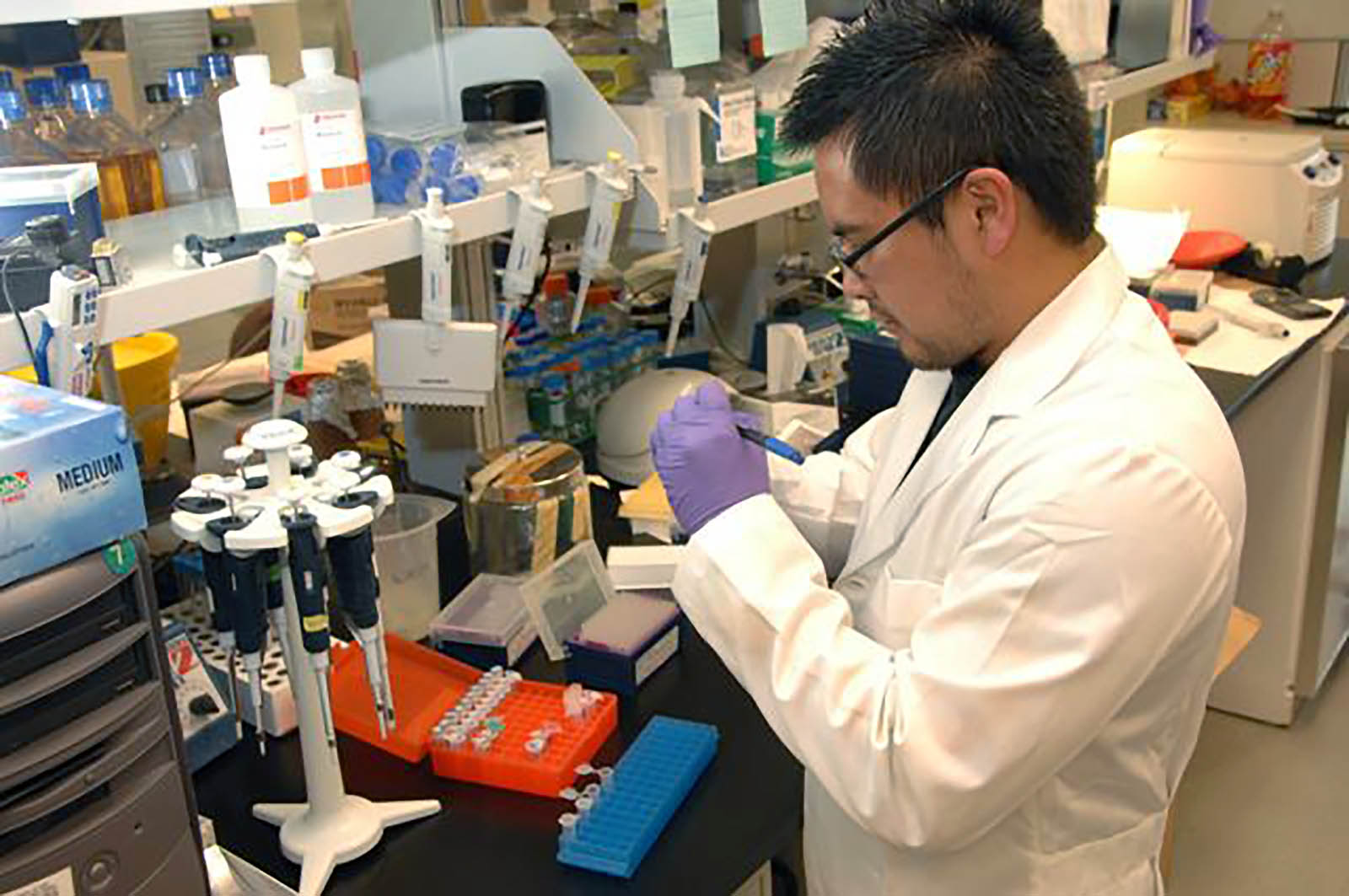The UK government has announced a plan for the UK to transform into a so-called ‘innovation superpower’. The plans remain open for consultation, in conjunction with science hubs and tech start-ups.
The objectives of the innovation plan are:
- To make the case for investment in design,
- To reduce the cost of entry for those new to design,
- To help businesses access the best design talent,
- To aid businesses in maximising the value contribution of design.
These goals around science and technology are centred on partnership, such as different companies working together or linking up with academia.
Commenting on the government plans for Digital Journal is Mark Smith, Partner of Innovation Incentives at Ayming UK.
According to Smith, there are points to welcome with the new announcement. He expands: “The new Office for Science and Technology Strategy follows a pattern of commitment to R&D, which is great to see.”
This type of measure is also, according to Smith, a key feature of the UK coronavirus recovery plans. He notes: “Innovation will be vital to the recovery from the pandemic, so the Government is right to strive for an investment-led recovery that focuses on technology and science as opposed to the fiscal tightening we saw in the wake of 2008.”
This is especially relevant to a sector know for creating national wealth. Smith notes; “Scientific capabilities have always driven the success of an economy, but we’re in an age of growing international scientific competition and the pace of technological advancement continues to accelerate.”
He explains that money will not be enough, however. Instead, systematic reform is also required.
So, while the mooted £22 billion ($30 billon) money pledged by the government welcome, Smith observes: “funding promises only go so far.”
In addition to funding, Smith recommends: “For the Government to succeed in its innovation ambitions, we have to upgrade our innovation infrastructure.”
In turn: “Funding agencies must be agile, our incentive schemes must be as effective as possible, and we must create innovation ecosystems that leverage our world leading academic institutions as well as private enterprise.”
Smith concludes: “Only then will we be best positioned to be a science superpower.”
While the attempts are laudable, it remains that innovation is a complex process. Even providing that initiating and then capturing scientific and technological knowledge, this is only a part of the overall process. Developing skills, finding markets, turning ideas to scale and so on are each essential features for business success. Encouraging young people to enter science and technology fields is also a key strategy, to build for the future.














